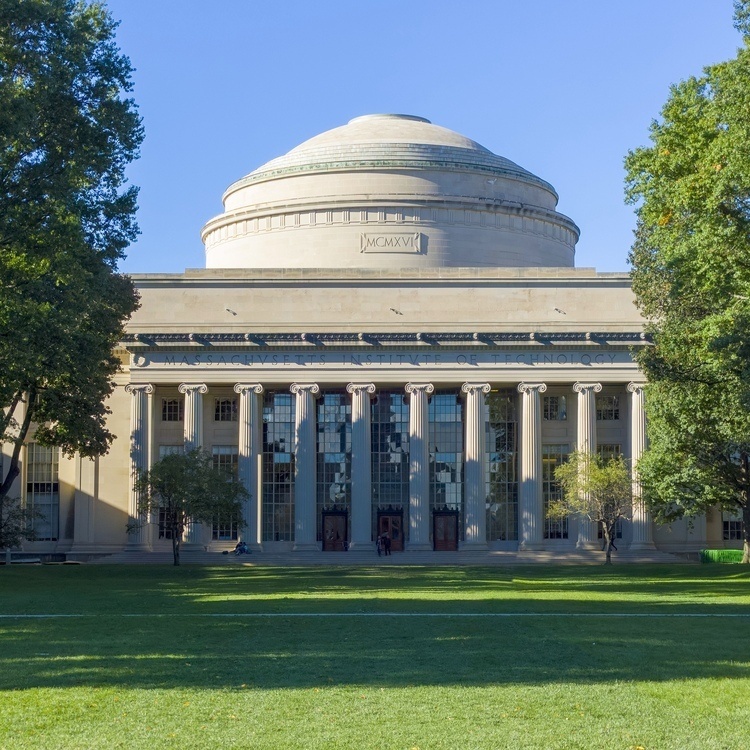
Max Heinrich Thesis Defense: Spontaneous activity in the mouse visual cortical slice: biophysical characterization and pathophysiology
Description
Max Heinrich – Thesis Defense
Date/Time/Location: December 13th at 3pm
In-person Locaton: Singleton Auditorium 46-3002
On Zoom: https://mit.zoom.us/j/96799873963?pwd=P4SQakA7g3ct03eYlt88bcmkVofc7Q.1
Password: slice
Title: Spontaneous activity in the mouse visual cortical slice: biophysical characterization and pathophysiology
Abstract: As we continue to await the first disease-modifying treatment for Fragile X Syndrome (FXS), the leading inherited cause of intellectual disability, the search continues for novel ways to address the core pathophysiology of this neurodevelopmental disorder. In this thesis, I present my investigation of a relatively understudied form of pathophysiology that arises in brain slices prepared from a mouse model of FXS, the Fmr1-knockout (KO) mouse. Relative to wild-type slices, Fmr1-KO visual cortical slices exhibit increased spontaneous activity in layer 5. Because this hyperactivity phenotype is rapidly reversed by acute application of treatments known to restore a core class of Fmr1-KO pathophysiology, elucidating its cellular mechanisms could enrich our understanding of neocortical pathophysiology in FXS and set the stage for novel treatment strategies. Progress in understanding this cellular pathophysiology requires closer examination of the biophysical basis of the spontaneous activity itself, as the mechanisms driving this sparse form of activity in layer 5 remain relatively unexplored. Here, I find extreme sensitivity to the ionic composition of the artificial cerebral spinal fluid (aCSF) bathing the slices. Lower, more physiologic concentrations of extracellular divalent cations render extratelencephalic (ET), not intratelencephalic (IT), layer 5 pyramidal neurons intrinsically active by altering the activity of the persistent sodium current. As revealed by current-voltage (IV) curves, ET neurons under physiologic ionic conditions rest near a newly characterized threshold governing their steady activation. This steady activation threshold is unchanged in both Fmr1-KO ET and IT layer 5 neurons, indicating that cell-intrinsic mechanisms do not drive hyperactivity of the Fmr1-KO layer 5 circuit and prompting future exploration of synaptic pathophysiology that could underly this hyperactivity.

